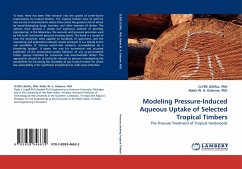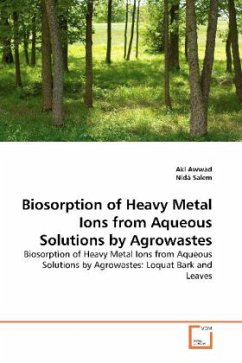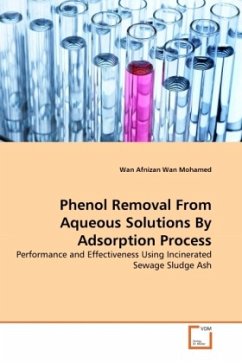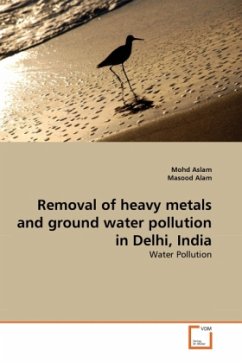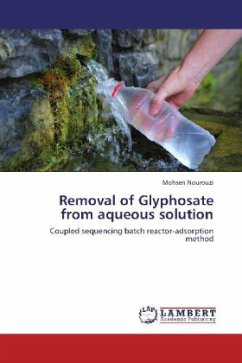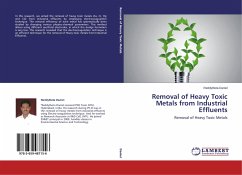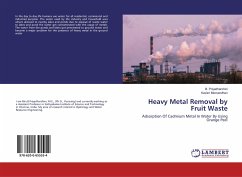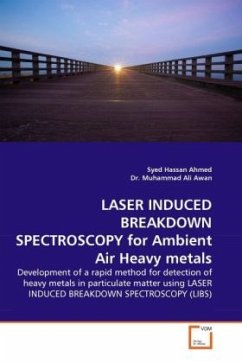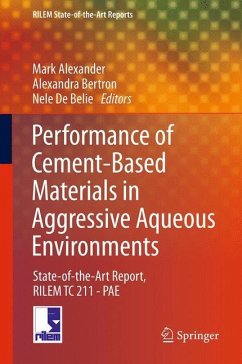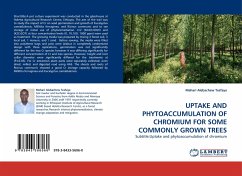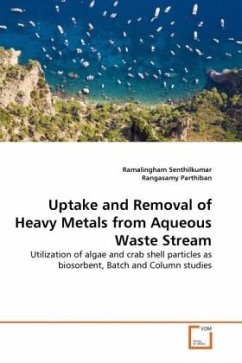
Uptake and Removal of Heavy Metals from Aqueous Waste Stream
Utilization of algae and crab shell particles as biosorbent, Batch and Column studies
Versandkostenfrei!
Versandfertig in 6-10 Tagen
45,99 €
inkl. MwSt.

PAYBACK Punkte
23 °P sammeln!
Only within the past decade has the potential of metal biosorption by biomass materials been well established. Waste crab shell and certain metal-binding algae are found in large quantities in the sea. These biomass serve as a basis for newly developed metal biosorption processes foreseen particularly as a very competitive means for the detoxification of metal-bearing industrial effluents. The assessment of the metal-binding capacity of some new biosorbents is discussed. Biosorption isotherm curves, derived from equilibrium batch sorption experiments and dynamic continuous-flow sorption and de...
Only within the past decade has the potential of metal biosorption by biomass materials been well established. Waste crab shell and certain metal-binding algae are found in large quantities in the sea. These biomass serve as a basis for newly developed metal biosorption processes foreseen particularly as a very competitive means for the detoxification of metal-bearing industrial effluents. The assessment of the metal-binding capacity of some new biosorbents is discussed. Biosorption isotherm curves, derived from equilibrium batch sorption experiments and dynamic continuous-flow sorption and desorption are used in the evaluation of metal uptake by different biosorbents. Further studies are focusing on the assessment of biosorbent performance for industrial effluents. New methodologies are being developed that are aimed at mathematical modeling of biosorption systems and their effective optimization. This book, therefore aimed for those who are involved in waste water treatment like researchers and industry personals, design engineers, consultancy organization, research institution and also university students pursuing higher degrees in Environmental biotechnology,



